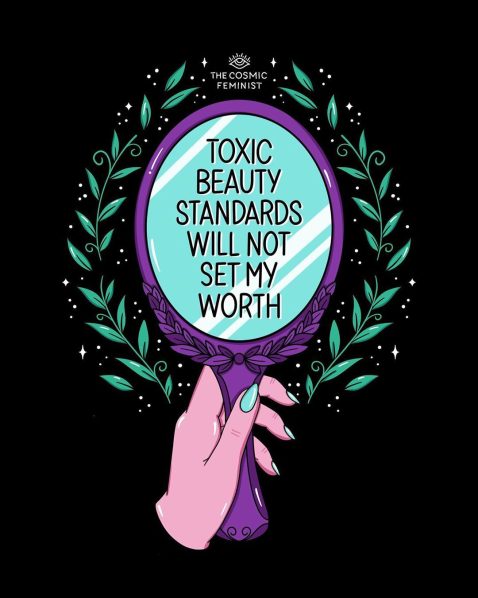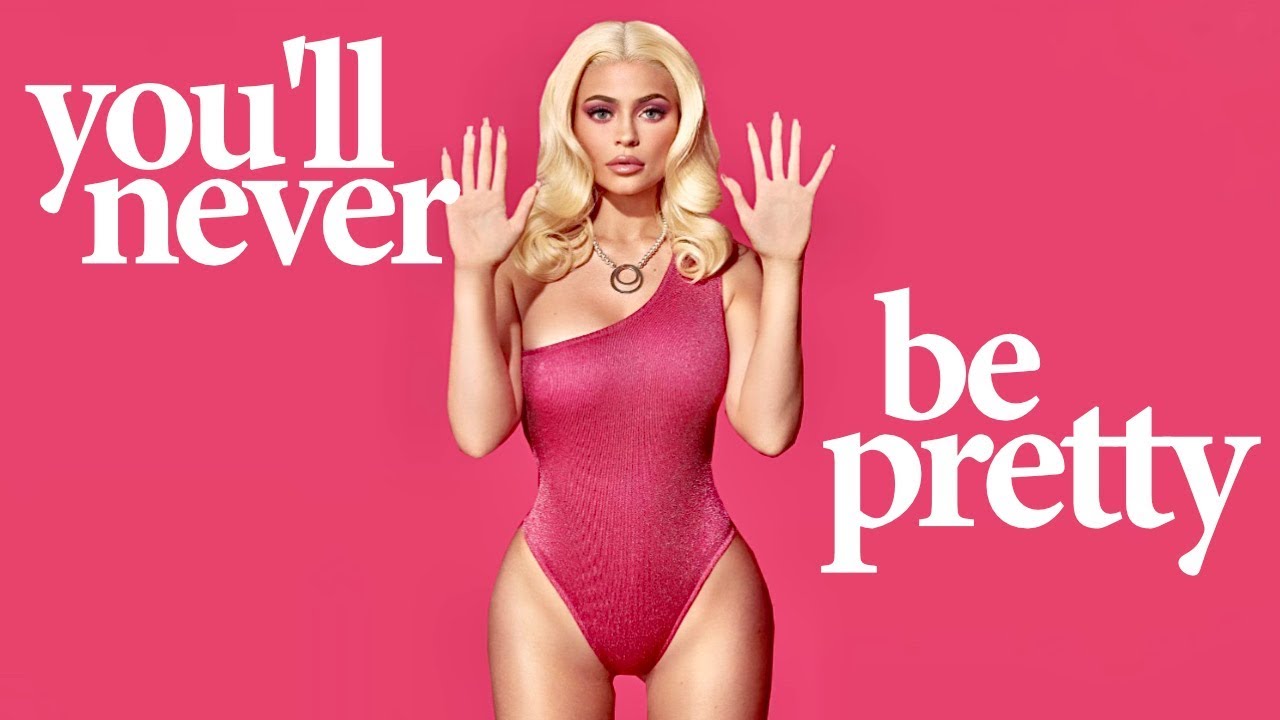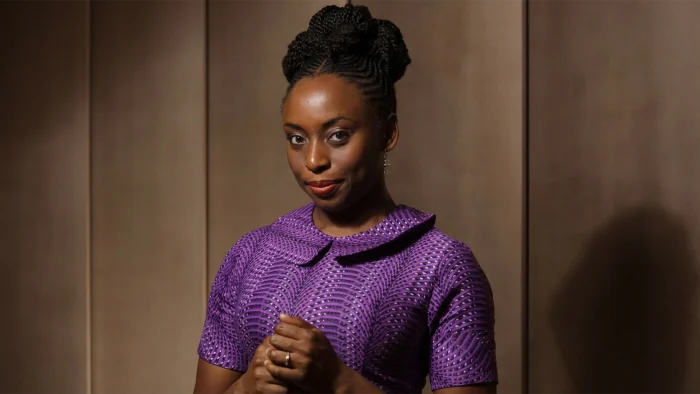
Toxic beauty standards and trends have been a long-standing issue in the beauty industry. The pressure to conform to unrealistic standards has led to a culture of body shaming, low self-esteem and even mental health issues.
[ad]
The beauty industry has been criticised for promoting these toxic standards, which are often unattainable and harmful to an individual’s health.
One of the most significant toxic beauty standards is the idea of the ‘perfect’ body. The media often portrays a thin, toned body as the ideal, leading many people to engage in unhealthy behaviours such as extreme dieting, over-exercising, and even eating disorders.
This standard is not only unrealistic but also dangerous, as it can lead to malnutrition, hormonal imbalances and other health-related challenges.
Another toxic beauty trend is the use of skin-lightening products. In many cultures, fair skin is considered more desirable, leading to the use of skin-lightening creams and treatments.
These products often contain harmful chemicals such as hydroquinone, which can cause skin irritation, hyperpigmentation, and even cancer.
The use of cosmetic surgery to achieve a certain look is also a toxic beauty trend. Many people feel pressure to alter their appearance through surgery to fit into society’s beauty standards. This can lead to a dangerous obsession with perfection, as well as physical and emotional harm from the surgery itself.
The beauty industry has also been criticised for promoting unrealistic beauty standards for women’s hair. Straight, long hair is often seen as the ideal, leading many women to chemically straighten their natural hair. Beauty standards and trends have been a part of human culture for centuries.
However, in recent times, the pressure to conform to these standards has become increasingly toxic. The beauty industry, fueled by social media and advertising, has created unrealistic expectations and unattainable beauty standards that can have harmful effects on individuals.
Toxic beauty standards are those that promote a narrow definition of beauty, often based on Eurocentric features and body types. These standards are often perpetuated by the media, celebrities, and influencers, and can lead to feelings of inadequacy and low self-esteem in those who do not fit the mould. This can lead to harmful behaviours such as disordered eating, excessive exercise, and even cosmetic surgery.
One of the most harmful beauty trends is the pursuit of the ‘perfect’ body. The ideal body type has shifted over time, from the curvy figures of the 1950s to the ultra-thin bodies of the 1990s and early 2000s.
Today, the trend is towards a toned and muscular physique, often achieved through rigorous exercise and restrictive diets. This trend can lead to body dysmorphia, eating disorders, and other mental health issues.

Another toxic beauty trend is the use of skin-lightening products. In many cultures, lighter skin is seen as more desirable, and this has led to the widespread use of skin-lightening creams and treatments. However, these products often contain harmful chemicals such as hydroquinone and mercury, which can cause skin damage, organ damage, and even cancer.
The pressure to have flawless skin is another toxic beauty standard. The beauty industry promotes the idea that perfect skin is achievable through the use of expensive skincare products and treatments. However, this is often not the case, and the pursuit of perfect skin can lead to excessive spending, anxiety, and even skin damage from the overuse of products.
The beauty industry also promotes a narrow definition of beauty based on Eurocentric features. This can lead to feelings of inadequacy and low self-esteem in individuals who do not fit this mould. It can also perpetuate racism and colourism, as individuals with darker skin tones are often excluded from the beauty industry.
Toxic beauty standards and trends can have harmful effects on individuals, both physically and mentally. It is important to recognise and challenge these standards, and to promote a more inclusive and diverse definition of beauty.
This can be achieved through education, advocacy, and the promotion of positive body image and self-esteem. By doing so, we can create a more accepting and inclusive society where everyone can feel beautiful and valued.
[ad unit=2]








